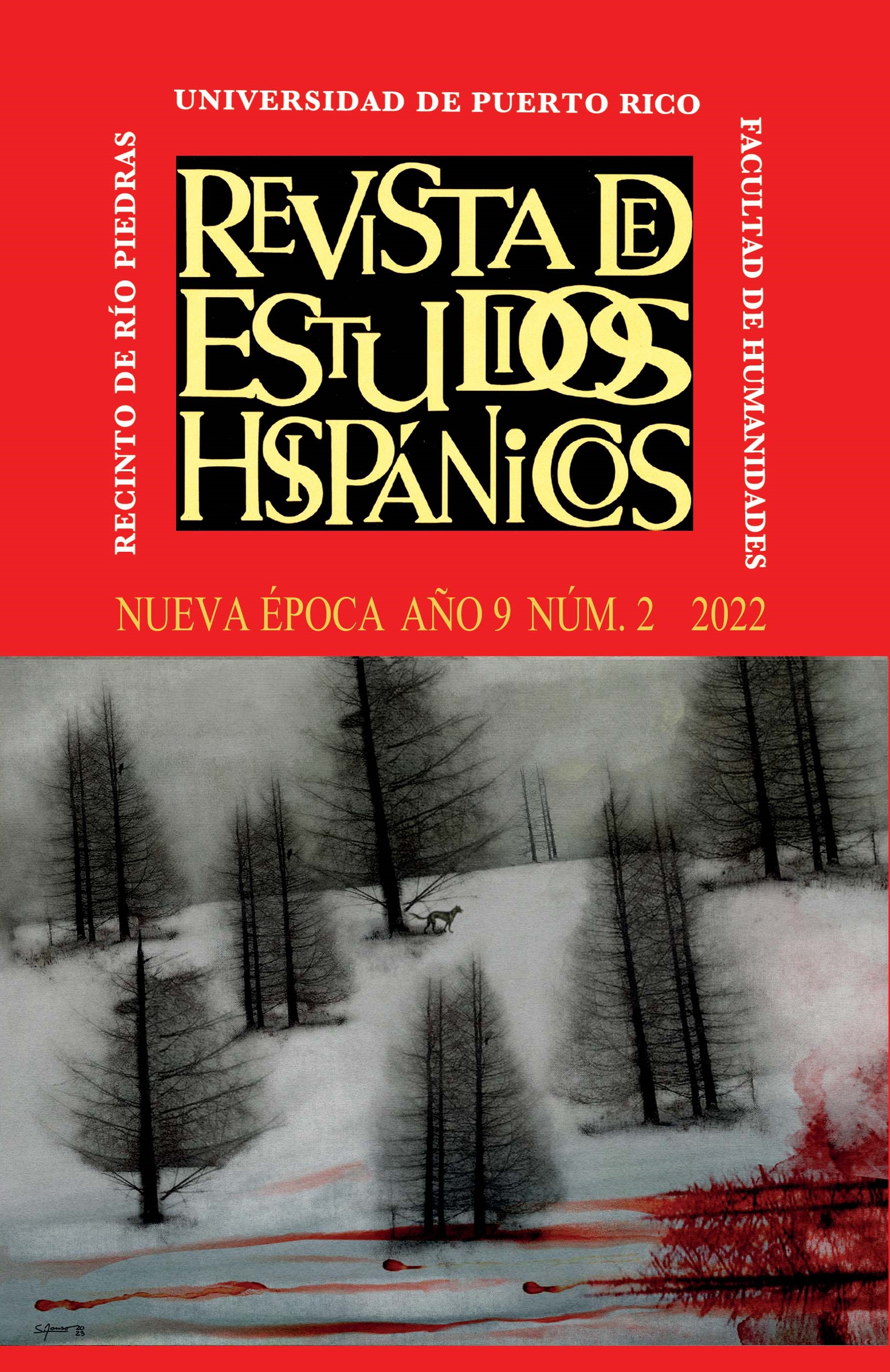Resumen
The Argentine film Ronda nocturna (2005) (Night Watch) by Edgardo Cozarinsky challenges genre expectations by fusing the portrayal of a taxi boy or hustler in Buenos Aires with the disquieting, phantasmagoric dimension of the fantastic that irrupts during the night of November 2nd, and the celebration of All Saints Day or Day of the Faithful Dead. With a focus on the cinematographic strategies of the fantastic, this analysis examines how the subversion of normative concepts of reality coincides with the destabilization of such binary concepts as gender identity that structure daily life and the psyche. The socio-critical aspects of the film give visibility to subaltern populations as a workforce in the commodified, cosmopolitan marketplace while the project of queering dovetails with the effects of the fantastic in foregrounding conflicting realities that underlie the concept of national identity in its neo-liberal configuration.

Esta obra está bajo una licencia internacional Creative Commons Atribución-NoComercial 4.0.

